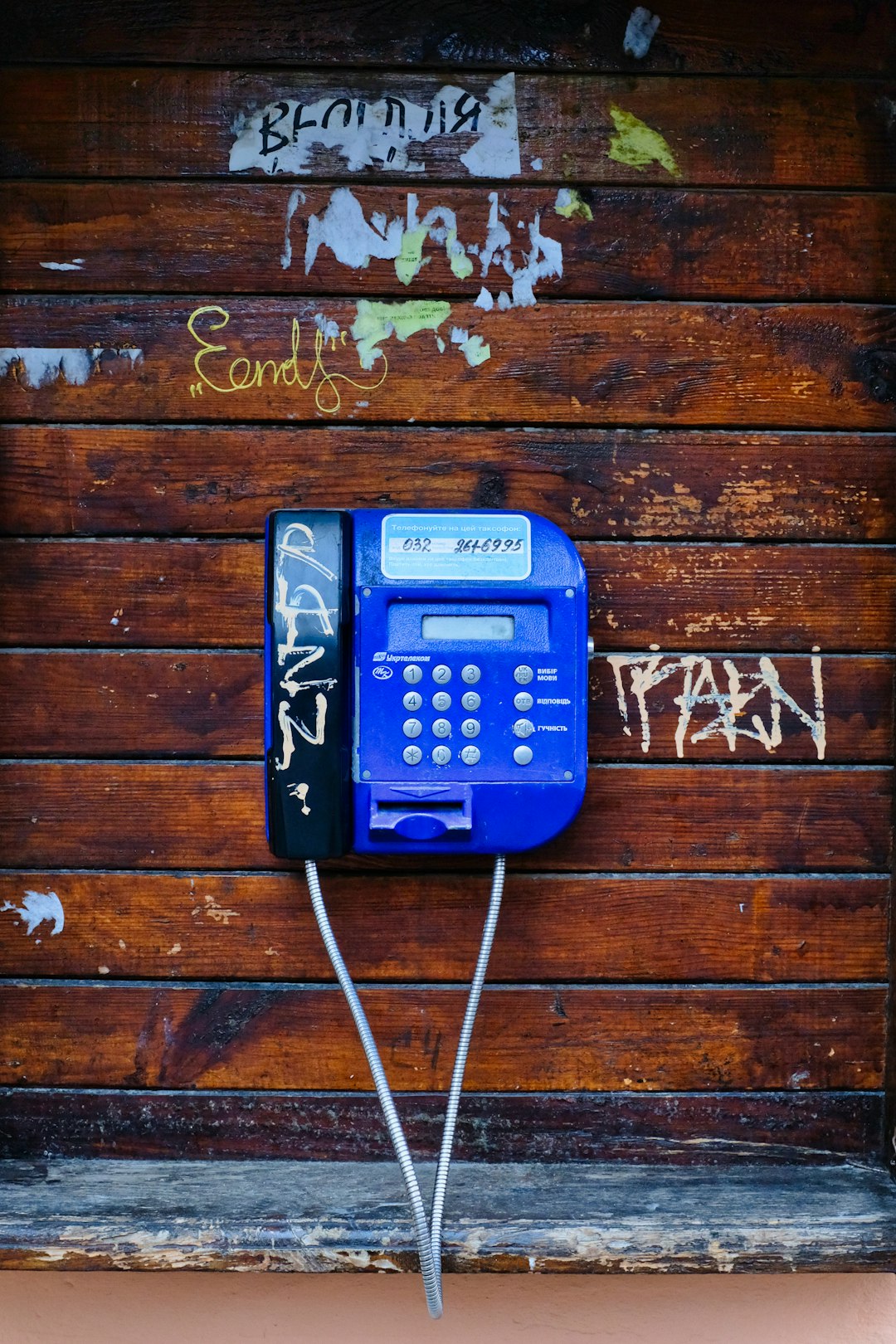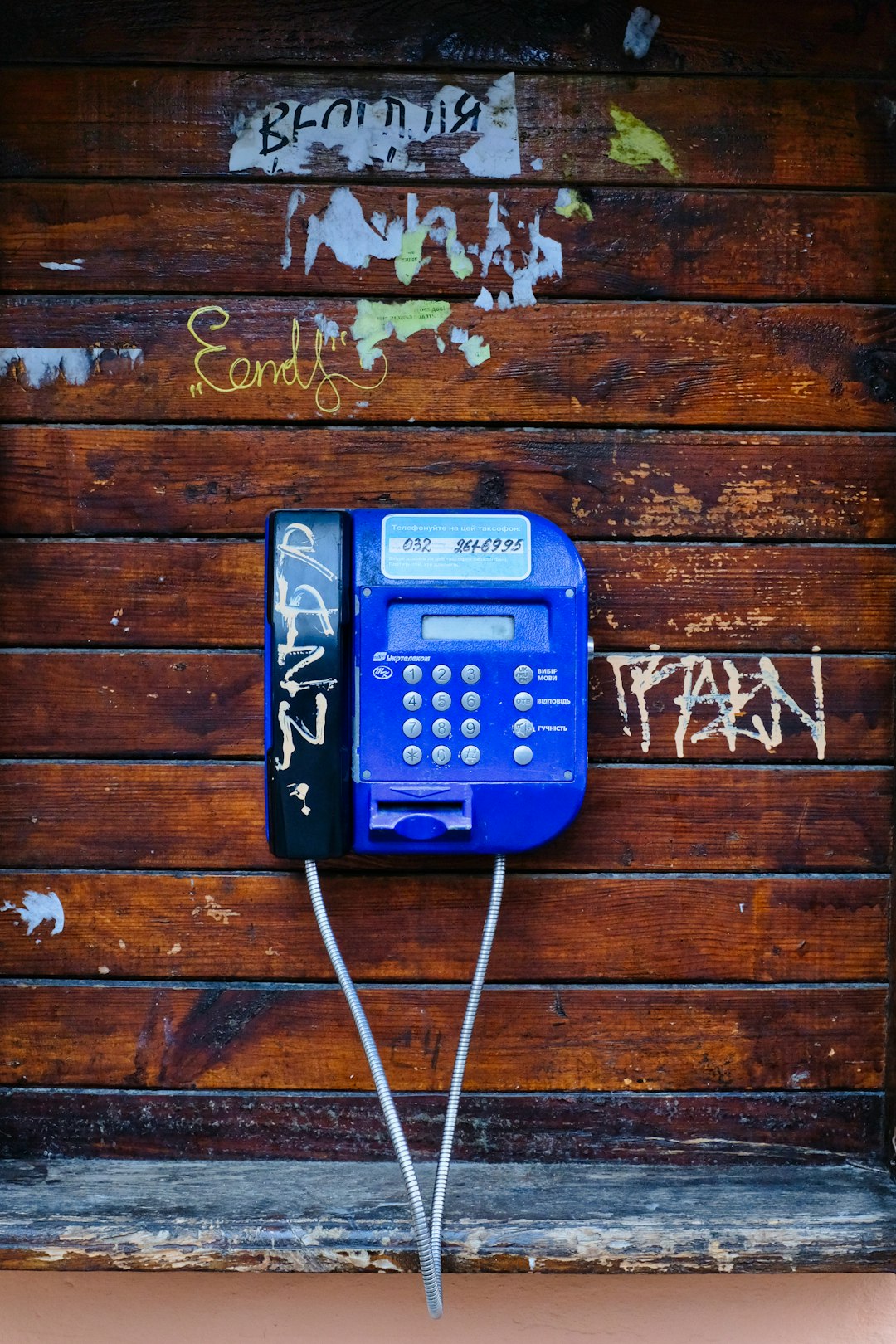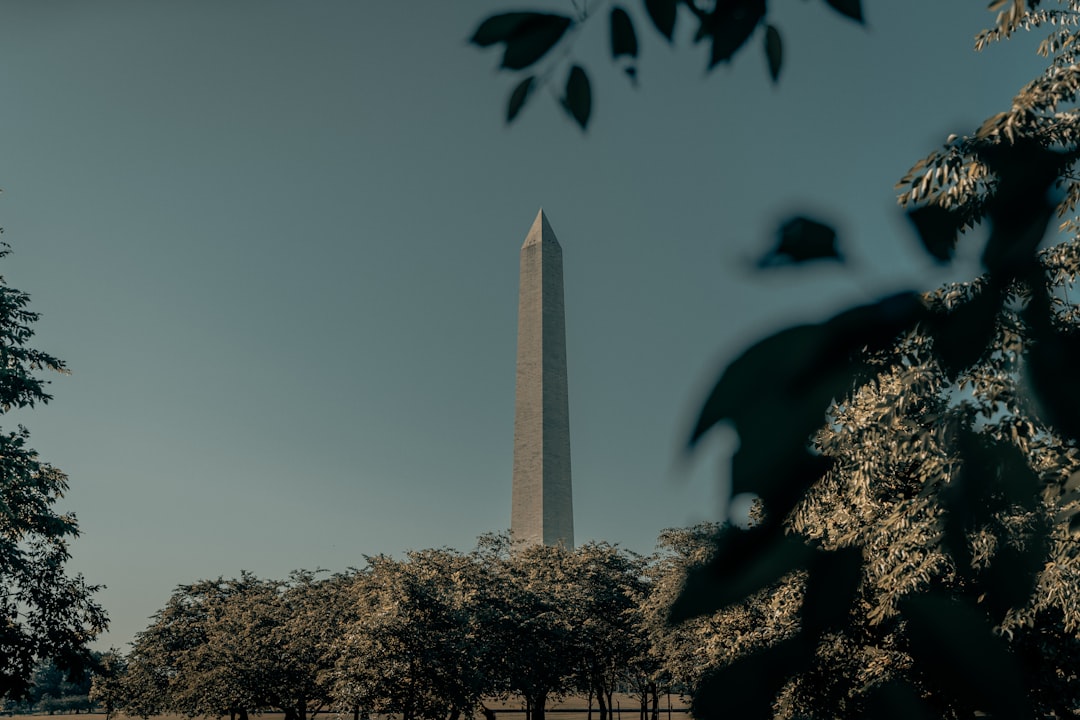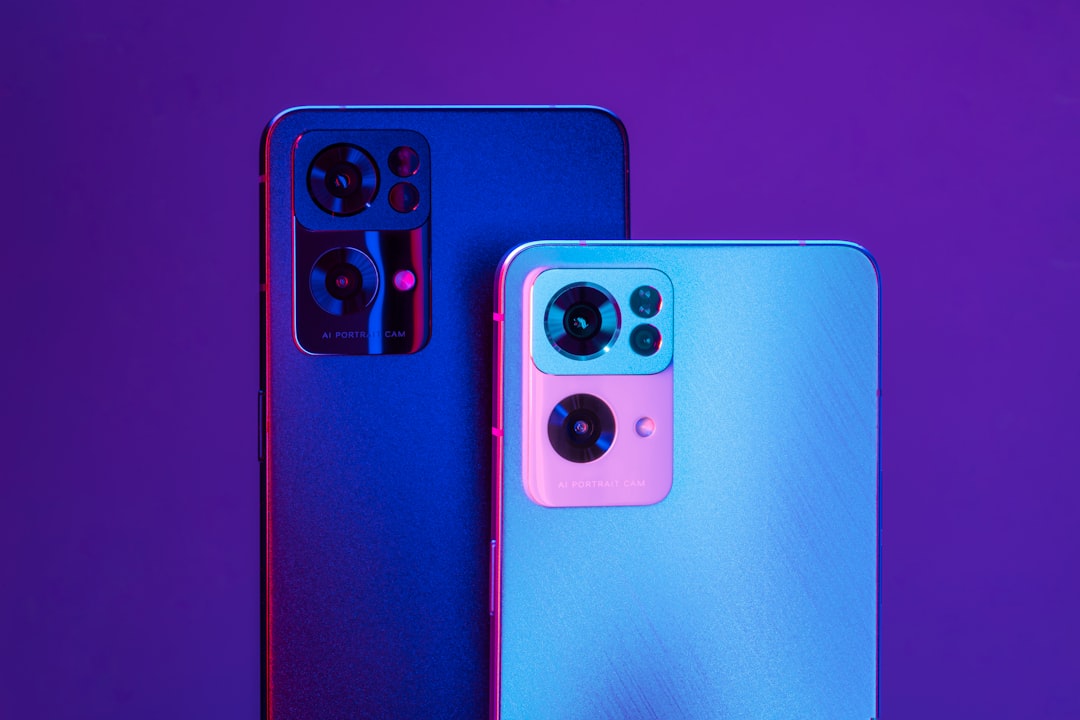In Washington, D.C., the Attorney General's Office enforces Do Not Call laws, protecting residents from unwanted telemarketing by fining violators up to $10,000 per day. Individuals can register their numbers, opt-out, and file complaints with assistance from a lawyer for Do Not Call Laws DC. The office investigates complaints, issues cease and desist orders, and pursues legal action against offenders, collaborating with industry players and consumer groups to deter unwanted calls and empower residents' privacy rights.
In Washington, D.C., the Attorney General’s Office plays a pivotal role in enforcing Do Not Call laws, safeguarding residents from unwanted telemarketing calls. This article delves into the intricate mechanisms behind these protections, highlighting the office’s vigilant oversight of consumer rights. We’ll explore how the AG’s team ensures compliance with Do Not Call regulations, the legal actions they undertake, and the resources available to consumers seeking relief from violations. Understanding these processes is crucial for anyone looking for a lawyer specializing in D.C.’s Do Not Call Laws.
Understanding Do Not Call Laws in Washington, D.C.: A Overview

In Washington, D.C., Do Not Call laws are designed to protect residents from unwanted telemarketing calls and sales pitches. These regulations are enforced by the Attorney General’s Office, which plays a crucial role in ensuring compliance and providing relief to affected individuals. Understanding these laws is essential for both businesses operating within the district and residents seeking to safeguard their privacy.
The Do Not Call Laws in DC prohibit commercial callers from making telemarketing calls to telephone numbers listed on the “Do Not Call” registry. Residents can register their phone numbers online or by mail, opt-out of receiving such calls, and file complaints against violating entities. A lawyer specializing in Do Not Call Laws in DC can guide individuals on their rights, help them navigate the registry process, and take legal action against persistent violators.
The Attorney General's Office: Watchdog of Consumer Rights

The Attorney General’s Office in Washington, D.C., plays a pivotal role in protecting consumer rights, including their enforcement of Do Not Call Laws. As the primary watchdog agency, they are responsible for ensuring that businesses adhere to regulations designed to prevent unwanted phone calls and protect residents’ privacy. This involves investigating complaints from citizens who have received unsolicited calls, taking legal action against violators, and issuing guidance to both consumers and companies on how to navigate these laws effectively.
The office’s proactive approach includes regular monitoring of call patterns and working closely with telecommunications carriers to trace and penalize offenders. They also collaborate with other government agencies and consumer advocacy groups to stay informed about emerging trends in telemarketing practices, enabling them to adapt their strategies accordingly. For individuals seeking recourse against persistent violators of Do Not Call Laws, consulting a lawyer specializing in these laws (like a lawyer for Do Not Call Laws DC) can be crucial in navigating the legal process and securing the rights afforded under the legislation.
How the AG's Office Enforces Do Not Call Regulations

The Attorney General’s Office in Washington, D.C., plays a pivotal role in enforcing Do Not Call laws, ensuring residents’ privacy and peace of mind. They monitor and investigate complaints from citizens who believe they’ve received unwanted phone calls from telemarketers or other businesses. Upon receipt of a complaint, the office initiates an inquiry, reaching out to both the caller and the recipient for more information. If found guilty, the AG’s Office can issue fines to violators, up to $10,000 per day.
They also collaborate with telecommunications carriers and consumer protection organizations to identify patterns of non-compliance and take proactive measures. Regularly updating and disseminating guidance on Do Not Call regulations, they educate both businesses and consumers about their rights and responsibilities. This multifaceted approach ensures that the spirit of the law is upheld, empowering residents to enjoy their opt-out choices without intrusion from unwanted telemarketing calls. For legal assistance regarding Do Not Call Laws in DC, a qualified lawyer specializing in this area can provide guidance tailored to your situation.
Powers and Responsibilities: Legal Actions and Penalties

The Attorney General’s Office in Washington, D.C., plays a pivotal role in enforcing the state’s Do Not Call laws, ensuring residents’ privacy and peace. Their powers extend to investigating complaints, issuing cease and desist orders, and taking legal action against violators. These actions are crucial in deterring unwanted phone calls and protecting citizens from persistent telemarketers.
When a lawyer for Do Not Call Laws DC is involved, they can file lawsuits seeking substantial penalties for each violation. These penalties can include monetary fines and other remedies designed to compensate victims and discourage future infringements. The Office’s ability to take legal action not only holds call centers accountable but also sends a strong message to potential offenders, emphasizing the severity of breaking these important regulations.
Resources for Consumers: Reporting Violations & Seeking Relief

Consumers in Washington, D.C., have a crucial resource in the Attorney General’s Office when it comes to enforcing Do Not Call laws. The office provides an accessible platform for individuals to report suspected violations and seek relief from unwanted telemarketing calls. With dedicated resources and staff, they offer guidance on how to register complaints effectively, ensuring that every call made in violation of the law is investigated.
When a consumer encounters persistent or unauthorized calls, they are encouraged to reach out to the Attorney General’s Office. A simple report can initiate an inquiry, leading to potential legal action against offending entities. This proactive approach not only deters future violations but also safeguards residents’ privacy and peace of mind, making it easier for them to enjoy their ‘Do Not Call’ status.






